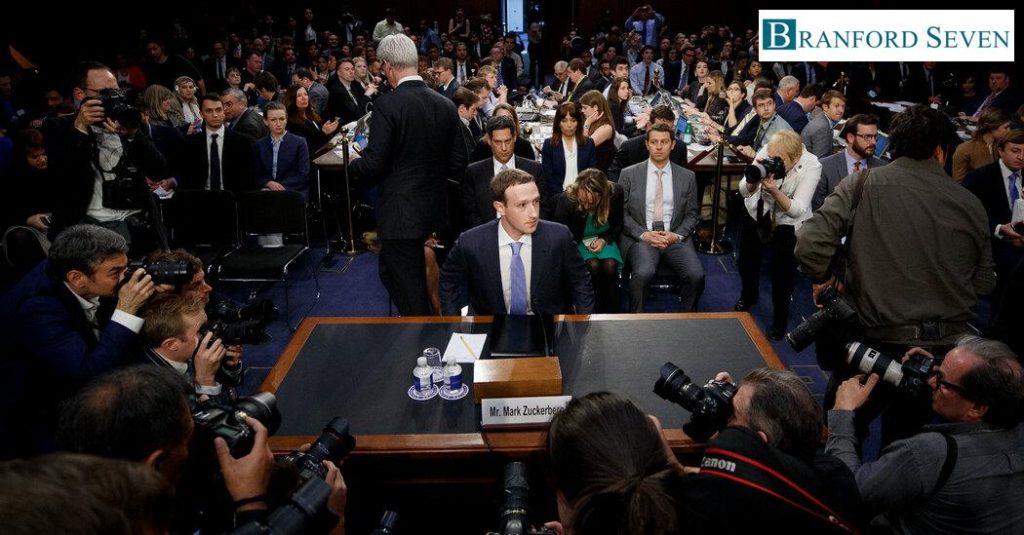Meta, the company behind Facebook and Instagram, has made a shocking announcement that is shaking up the digital world. On Tuesday, CEO Mark Zuckerberg revealed that the company would no longer have independent fact-checkers monitoring content on its platforms. This marks a huge change from previous policies aimed at fighting misinformation, and it raises a lot of questions about the future of social media and free speech.
Mark Zuckerberg’s Announcement
In a video shared online, Zuckerberg explained that the decision to end the fact-checking program was made because many felt there was too much censorship happening. “We want to foster an environment where people can express themselves freely,” he said. This new path suggests a strong commitment to open dialogue, but it also opens the door to concerns about false information spreading online.
The Push Against Misinformation
- Fact-checkers were put in place to help stop fake news from spreading.
- Back in 2016, Zuckerberg publicly apologized for the role Facebook played in the distribution of misleading information during the U.S. presidential election.
- Critics argue that this new policy may bring back challenges in controlling misinformation.
Zuckerberg’s Political Leanings
Many observers have noted that Zuckerberg’s recent actions seem to reflect a shift toward a more conservative political stance. This evolution began earlier this year when he praised Donald Trump and invited several Republican individuals to key positions at Meta. This change is seen by some as an adaptation to the evolving political landscape in the U.S.
Changes at Meta
- The ending of professional fact-checking is just one of many movements signaling this political turn.
- Meta has also shown signs of loosening restrictions on various sensitive topics, sparking debates on how this will affect the quality of information shared on its platforms.
- In previous months, Zuckerberg has openly criticized the Biden administration’s handling of Covid-19 misinformation, further hinting at his shift towards aligning with more conservative viewpoints.
The Criticism
The decision has not come without backlash. Disinformation experts, including those who were once part of the fact-checking initiatives, have voiced concerns that this decision may result in increased misinformation and hate speech across Meta’s platforms. They warn that without fact-checkers, harmful incorrect information could spread more easily among users.
The Bigger Picture
Meta’s latest changes aren’t just a result of internal decision-making but are influenced by the current political climate and the pressures surrounding online speech. As the 2024 elections loom closer, it’s clear Zuckerberg is navigating a tricky path. The changes have prompted discussions about the responsibility of tech companies in regulating information and the importance of user awareness.
A Call for Involvement
As these shifts unfold, it’s essential for users to stay informed and engaged. Being knowledgeable about the information one consumes online is more crucial than ever. Individuals can play an active role by questioning what they see, sharing credible sources, and working against misinformation in their own networks.
What’s Next for Meta?
With this new direction, the future of Meta is uncertain. Zuckerberg’s pivot towards a more laissez-faire approach to content moderation will likely continue to spark debate and protest from various communities. As users, understanding these dynamics is vital, and participation in discussions around these changes can help shape a healthier online environment.



